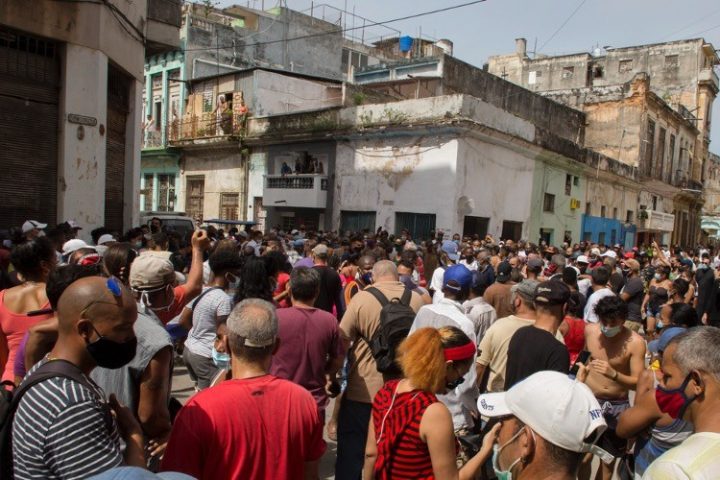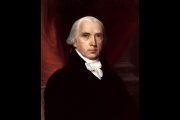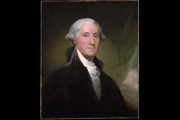
As thousands of freedom-seeking Cubans take to the streets to protest the communist dictatorship there, there are several lessons Americans can draw from those events.
First of all, in the past few years, there has been increasing acceptance of outright socialism in the United States, which demonstrates widespread ignorance of what socialism leads to — less freedom and less economic prosperity.
At one time, Cuba was one of the leading economies in Latin America, but like Venezuela, which has adopted its own socialist regime, the loss of freedoms has corresponded to a lower standard of living. Dedicated Marxists in our own country often claim that this or that country that has gone socialist or communist “just did not do socialism right.” As we look back over the history of such Marxist dictatorships — the former Soviet Union, Red China, Zimbabwe, Venezuela, and Cuba, among others — none of them did it “right,” evidently.
They cannot do it right, because the problem of Marxist regimes is the Marxist philosophy they is based upon.
When these regimes falter and fail, Americans sympathetic to socialist philosophy make excuses for them. After he won the Nevada Democratic caucuses in his bid for president, socialist Bernie Sanders was asked why the Cuban people did not rise up and overthrow the Communist dictatorship. He said that the Castro brothers had “educated their kids, gave their kids healthcare, totally transformed the society.” Sanders added, “When Fidel Castro came into office, you know what he did? He had a massive literacy program. Is that a bad thing?”
Hey, one might live under a totalitarian dictatorship, but at least one can read the propaganda coming from that government.
Julie Chung, who is the acting secretary in the Bureau of Western Hemisphere Affairs at the State Department, said on Sunday that the current problems in Cuba centered on “concern about rising COVID cases/deaths.”
Representative Carlos Giménez (R-Fla.) was livid at her response, which he called a “disjointed and foolish statement,” and on Monday, he demanded that President Joe Biden remove Chung from her position. Senator Marco Rubio (R-Fla.) said the protesters were shouting, “We Want Liberty.” Rubio, whose parents fled the Communist dictatorship and came to the United States — like hundreds of thousands of other Cubans — tweeted, “People in Cuba are protesting 62 years of socialism, lies, tyranny & misery not ‘expressing concern about rising COVID-19 cases/deaths.’ Why is it so hard for @Potus & the people in his administration to say that?”
With the 2022 congressional elections looming, and the well-known history that the political party out of power in the White House tends to do better in the mid-term elections, Democrats from President Joe Biden down to the local level are worried. Presently, Democrats run the House of Representatives by only a few seats, and the Senate is tied, 50-50.
In 2000, then-President Bill Clinton sided with Cuba’s Communist dictator, Fidel Castro, who demanded that a little six-year-old Cuban boy, Elián González, be returned to his father. Elián’s mother, who was divorced from his father, joined with other Cuban emigrants on a rickety boat in an effort to escape Cuba. The boat broke up at sea, but little Elián was left clinging to a tire tube, floating on the Caribbean. Fortunately for Elián, a fisherman came along and rescued him, and took him to relatives in Miami.
His father, no doubt under pressure from Fidel Castro, joined some Americans in saying that the little boy should be with his father in Cuba. After the Clinton administration sent federal agents to kidnap the little boy from his relatives’ house in a pre-dawn raid, Elián was put on a plane back to Cuba to live with his father in communism.
The Cuban community in south Florida was understandably enraged. They had been voting Republican for years (since the time of the failed Bay of Pigs invasion when Democrat John F. Kennedy was president), but this event drastically increased the turnout of Cubans to vote Republican. Considering that Republican George W. Bush carried the state by less than 600 votes out of six million votes cast, and by winning the state, he won the Electoral College vote by 271-267, one can understand the concern of the Democrats.
Another possible election ramification from the Cuban situation is that there could be a flood of new immigrants from the island. Senator Rubio noted that the Cuban government may actually encourage such a mass exodus, as happened in 1994, when there were widespread protests. Castro used the opportunity to mix in criminals with the exodus. This was among the factors that helped the Republican wave in the 1994 congressional elections, which led to the Republicans winning the House of Representatives for the first time in 40 years.
The Communist regime in Cuba is indicating that it will not tolerate the calls for freedom in the streets. Cuban dictator Miguel Díaz-Canel has issued a public call for his fellow communist revolutionaries to battle the demonstrators. Ominously, Díaz-Canel said, “We are prepared to do anything.”
Unfortunately for the Cuban people who are clamoring for freedom, the man who said “We are prepared to do anything” has all the guns. Fidel Castro confiscated all privately-owned firearms when he seized power in 1959.



